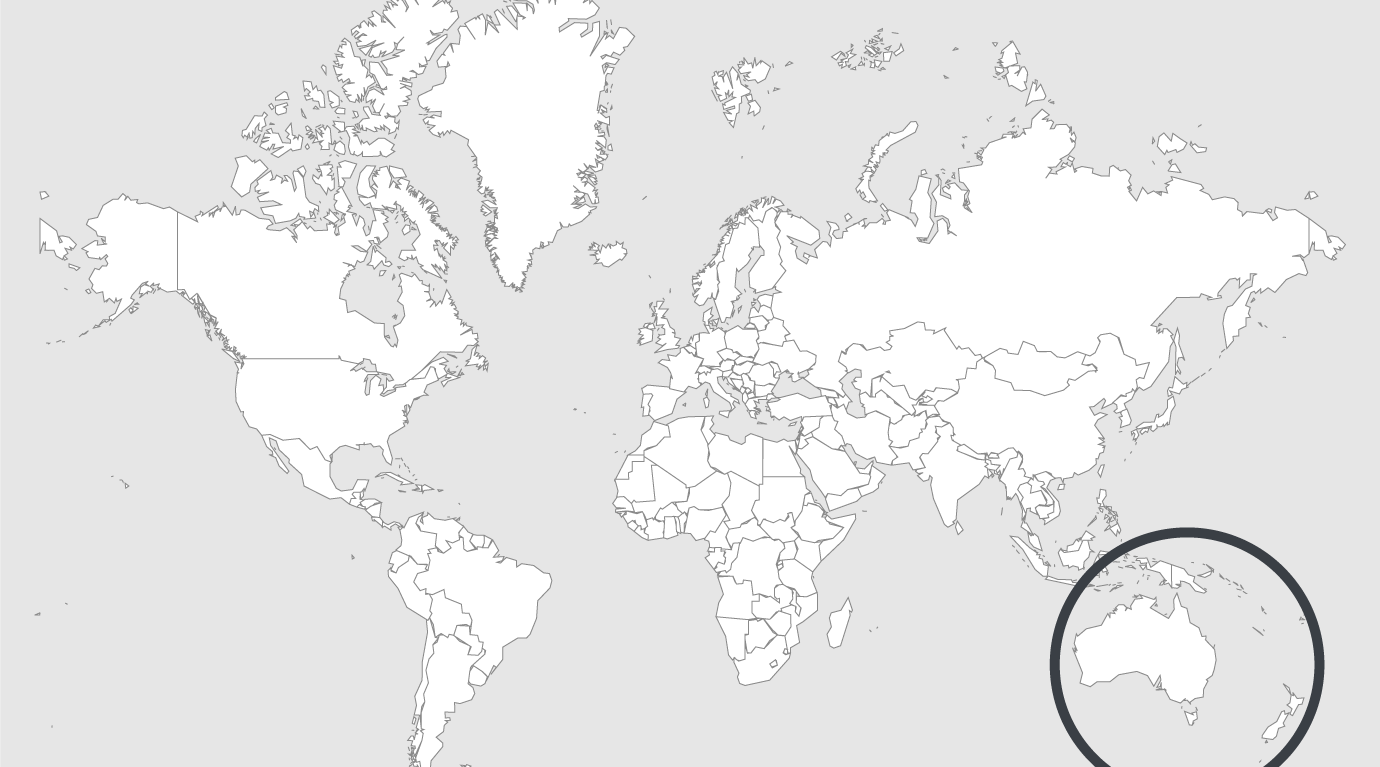
Explore
Australia: juvenile prison guards strip searches cause mental health problems, former inmates claim
Children as young as 10 years old are being routinely strip searched in juvenile detention in NSW with minimal or no contraband found, according to new data.
In all the searches, only one item — a plain ping pong ball — was found.
Some former inmates claim the searches, which are routine practice, are triggering mental health problems.
[^Tommy], 18, who lives on the Central Coast, was in and out of Frank Baxter Juvenile Justice Centre between 2016 and 2017 for stealing cars.
He claims he was routinely strip searched three to four times a week and was made to expose his genital area.
“Most of the people who strip searched me are old, it makes you feel uncomfortable,” he said.
He said strip searching exacerbated psychological trauma in other inmates, who had suffered emotional abuse, with a 17-year-old former inmate and friend of Tommy’s telling the ABC it “stuffed up” his mental health.
The searches are conducted when detainees come back after going to court or hospital, as well as after contact visits with family.
In a statement, Youth Justice NSW said it conducted “partially clothed body searches where the young person is always partially clothed, either on the upper half or lower half of their body.”
“Staff are never alone with young people and staff members conducting partially clothed searches are observed at all times,” the statement said.
NSW Minister for Families and Communities Gareth Ward said the security and safety of staff and detainees at Youth Justice centres was “paramount”.
He said searches were “entirely appropriate”.
“I make no apologies for prioritising the security of our centres,” Mr Ward said.
But the frequency of the searches has advocates concerned that juvenile centres are routinely using them without exhausting other search options first.
“Children and young people are unnecessarily being forced to remove their clothes over and over again in front of adult prison guards,” Human Rights Law Centre lawyer Monique Hurley said.
“When the child has a contact visit with family and has a hug with mum and dad, they’re all things that can prompt a strip search to take place,” she said.
The data provided to the ABC was obtained from two youth centres, Frank Baxter and Cobhan Juvenile Justice Centre.
Frank Baxter came under fire last week after detainees staged a violent 21-hour riot, arming themselves with metal poles and chainsaws.
It prompted Mr Ward to call for an “urgent review” and led to guards speaking out about the ordeal.
The NSW Government did not provide data for the state’s four other centres.
The Human Rights Law Centre was also provided with data from other states and territories.
In Victoria, 1,798 searches were conducted over a six-month period with only 14 items found — including medication, cigarettes, rolling paper, wire, a toilet roll holder and crystal balls.
In WA, four items were found as a result of 801 searches over the same period.
The ACT already has laws in place which mean strip searches are only conducted after other alternatives — such as using a body scanner — are exhausted.
Dr Rachael Sharman, a senior lecturer in psychology at the University of the Sunshine Coast, said young people trapped in the criminal justice system were often more likely to have backgrounds of trauma, to have experienced sexual abuse or struggle with their mental health.
“A child who is coming into the juvenile justice centre is not your typical average kid,” Dr Sharman said.
Joel McGregor is an Associate Lecturer at the University of Newcastle and regularly mentors young inmates, including some at Frank Baxter.
He said that young offenders should be given more of a voice in discussions about state prison reform.
“We really need to look and hear the voices of young people in order to ask what their concerns are in the system,” he said.
Read the original article
[^Tommy]:not his real name
